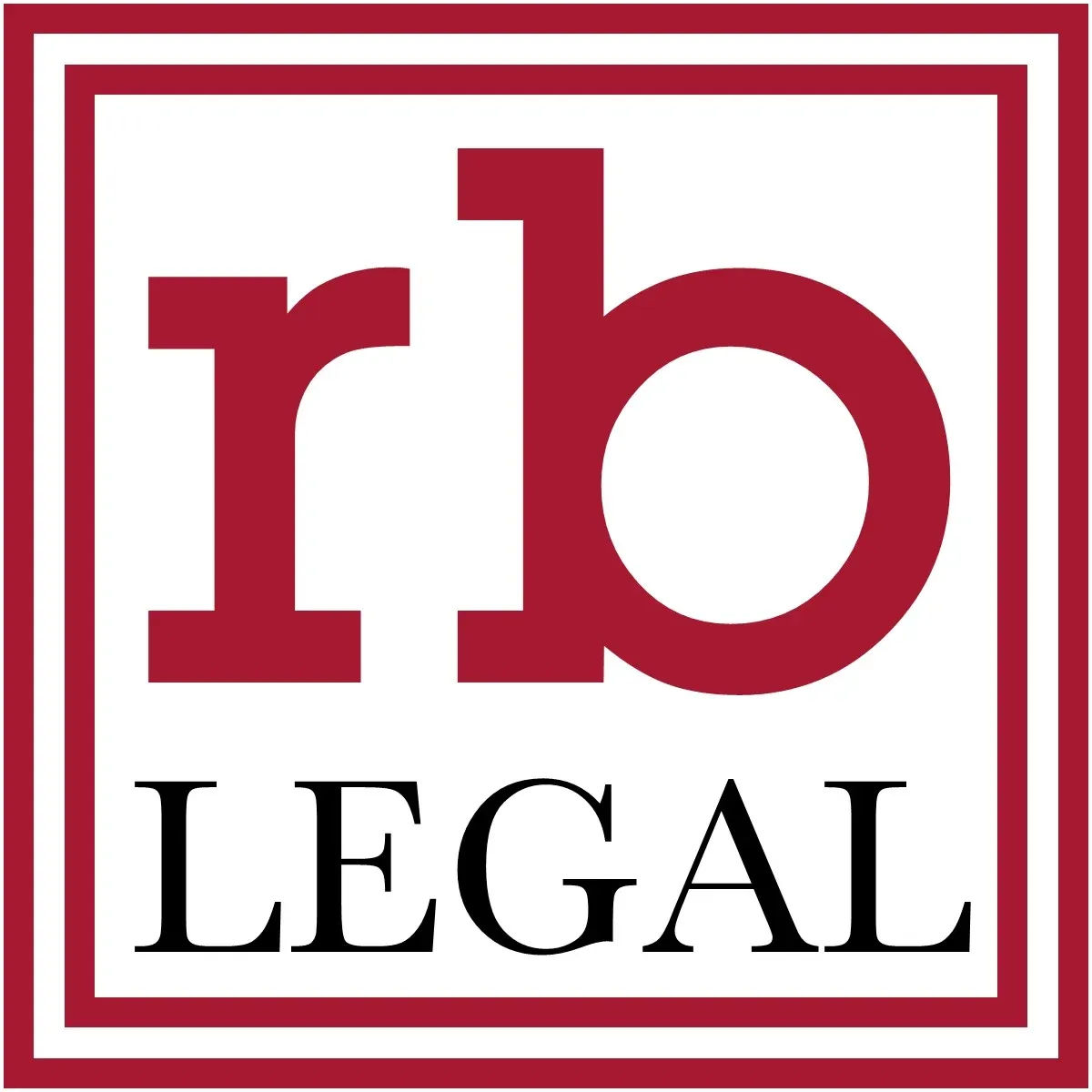Many pet owners care for their pets like family. For many pet parents, the animals are their family. Now, Minnesota law allows Minnesota pet owners to treat their pets like family even after they’ve passed away. With a new statutory pet trust, pet owners can set aside funds to be used after they die for the care of their animals.
Minnesota is the last state to provide a statutory pet trust option. While the pet trust has been discussed in the Minnesota legislature for years, it did not gain momentum until early 2016. It was then that a lobbyist brought his golden retriever into a committee hearing and convinced the committee to bring the bill before the entire legislature. And in May of 2016, the bill was passed by the legislature and signed into law by the governor.
Under the new law, a pet or animal owner can establish a trust for any animal that is alive during the owner’s lifetime. This means that you have much more control over how Fido is taken care of and how his medical and other care needs can be funded. Owners can provide for one or for multiple animals in the trust. There is no restriction on the type of animal. A pet trust can provide for a dog, cat, bird, horse, rat, elephant or any other animal. However, the animal has to be alive at the time of the animal owner’s death. A pet trust cannot provide for the offspring of current animals unless the offspring are born before the animal owner dies.
Minnesota’s new law allows pet owners to set aside any amount of money that is reasonably required for the care of the animal. If an excessive amount is put into the trust, a court can reduce the trust funds. What is reasonable and what is excessive likely depends on the animal and its needs and will be decided on a case by case basis. For example, in 2007, the infamous Leona Helmsley set aside $12 million in her will to care for her dog named Trouble. A court found that $12 million was excessive and reduced the amount to $2 million. Trouble lived out the rest of his days in comfort and died in 2011. It’s important to note that a pet trust cannot be used to shelter assets in order to qualify for public assistance. Pet owners should consider carefully what their pet may need in the future and set aside an amount reasonably necessary to meet that pet’s needs.
When establishing a pet trust, the pet owner names a trustee to manage the assets and distribute the funds for the animal’s care. The trustee should be someone the pet owner trusts. The trustee should also be someone who is willing and able to care for the animal. A pet owner can also name a trust enforcer in the pet trust. The trust enforcer has the authority to make sure the animal is cared for according to the terms of the pet trust document. A veterinarian, barn owner, or interested family member may be a good person to name as a trust enforcer. If the pet owner doesn’t name a trust enforcer, a court can appoint one at the request of any person who has “an interest in the welfare of the animal.”
Minnesota law allows a pet trust to last until the last animal dies or for ninety years, whichever is shorter. While that will be sufficient for most animals, a trust for a Galápagos giant tortoise with a 190-year lifespan, a parrot with a possible 100-year lifespan, or an eel with a 150-year lifespan may end before the animal dies. Those particular pets may require special planning provisions.
When a pet trust ends, the trust document can specify where the remaining funds should go. This gives pet owners flexibility and control over the final disposition of their property. If a trust document does not address where the funds should go, then the funds pass to the pet owner’s “heirs-at-law” as if the pet owner had not left a will for these funds. This may not be what the pet owner wants or aligned with the pet owner’s estate plan. For that reason, it is important for the pet owner to include in the trust document where any remaining funds should ultimately go.
A pet owner should make a pet trust a part of his or her estate plan. The pet trust can be created in a pet owner’s will. Alternatively, it can be added to a new or already established revocable living trust document. Pet owners should talk with an attorney specializing in estate planning about their animals, their animal’s needs, and how to best care for their animals in their estate plan.



